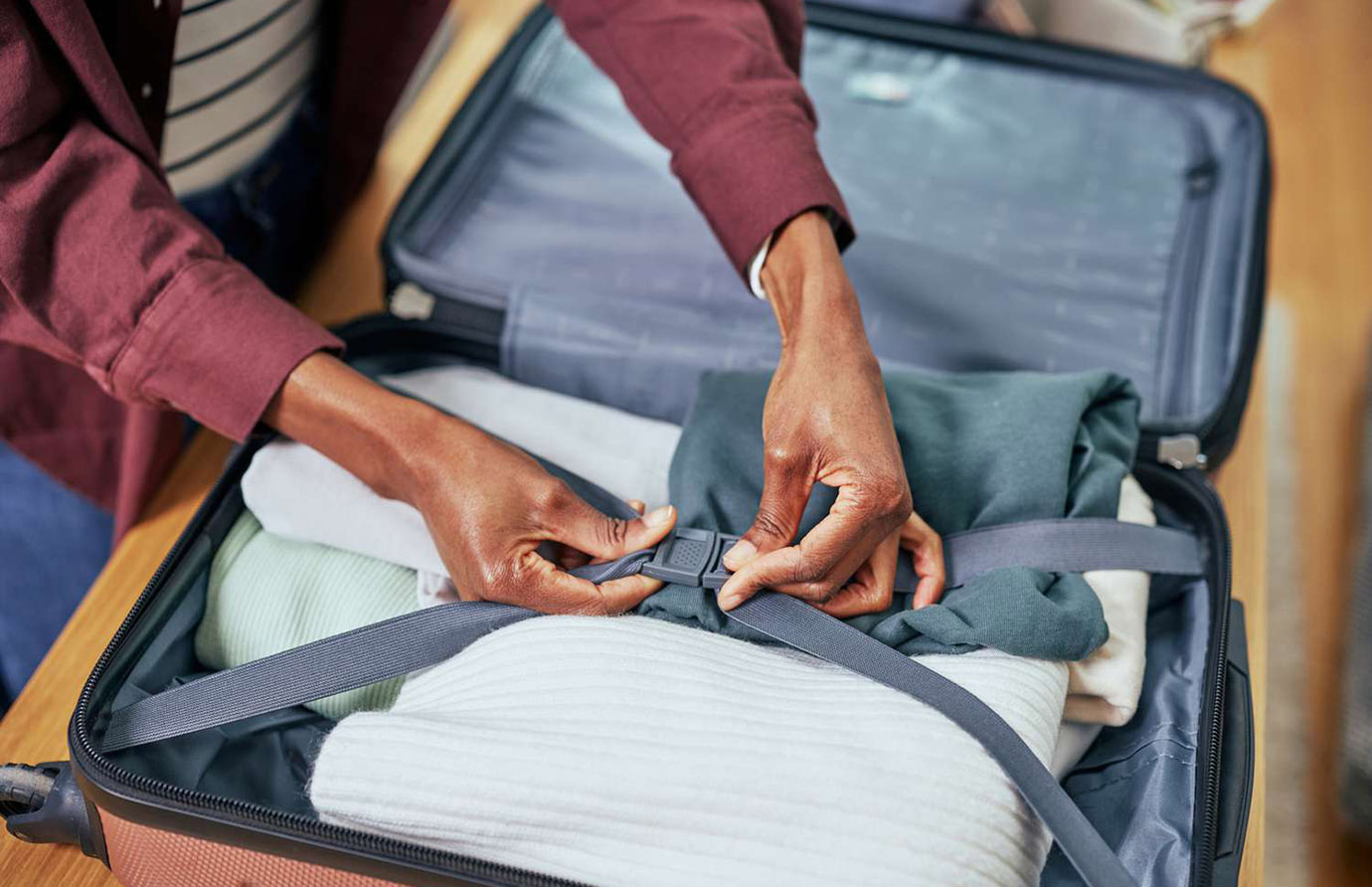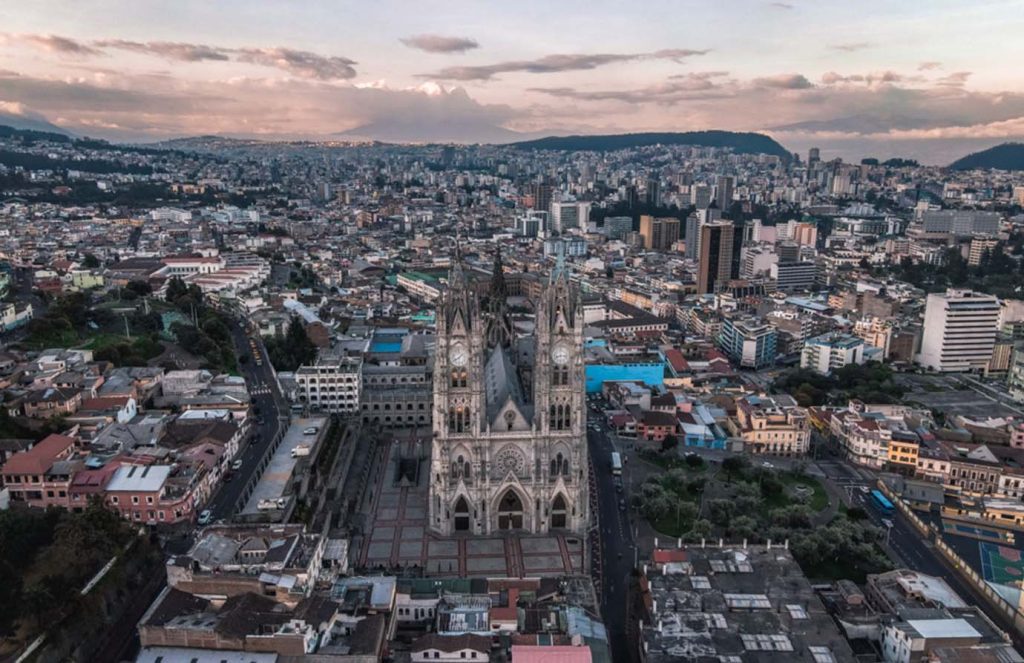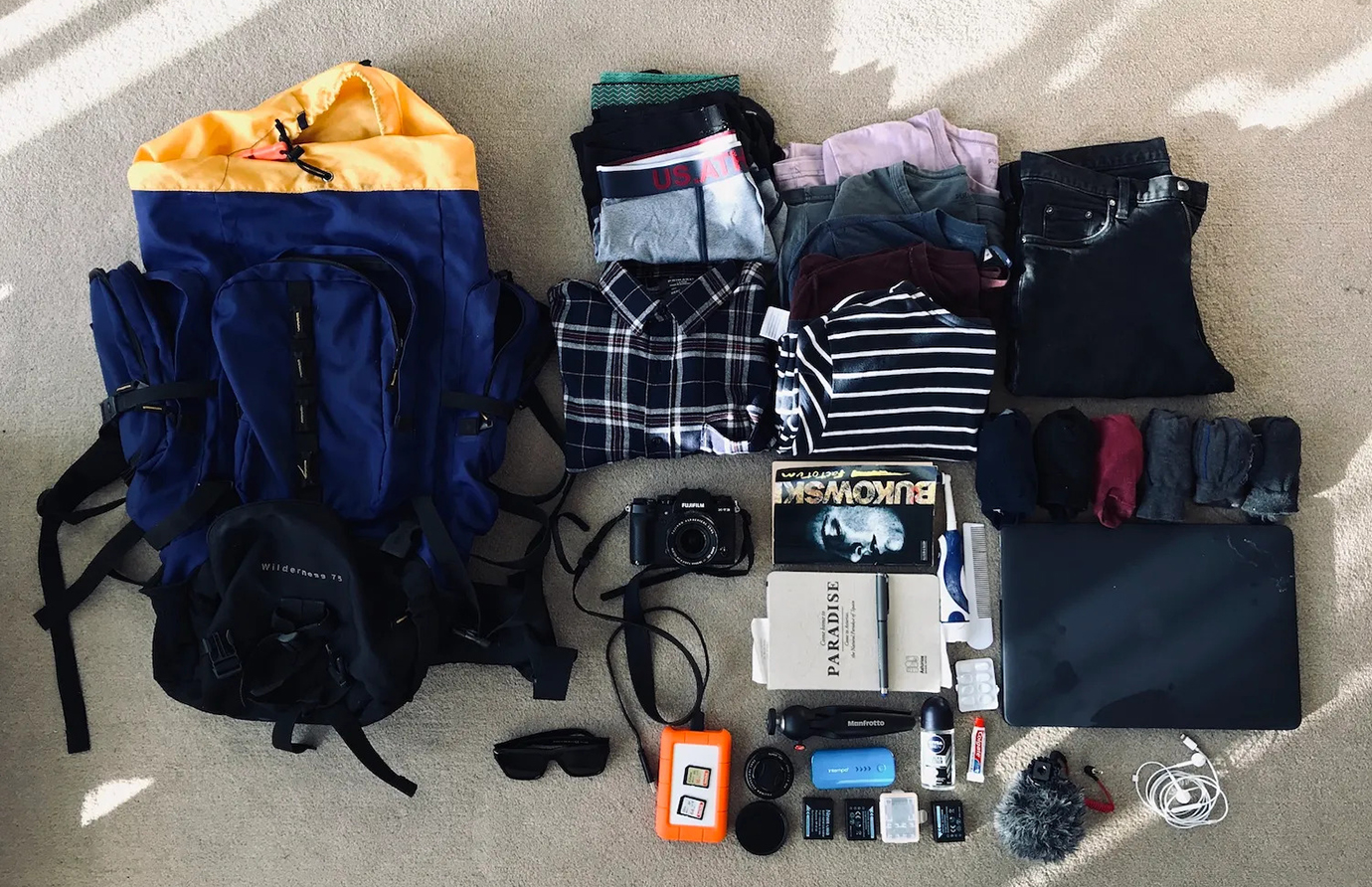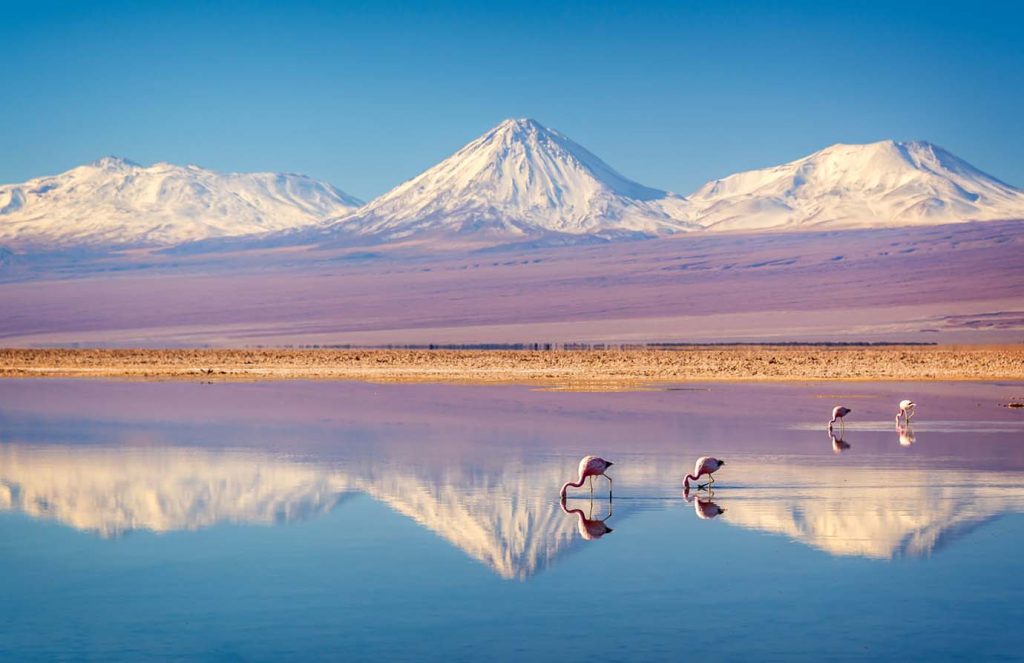Marseille, the bustling port city on the southern coast of France, is a vibrant blend of cultures, histories, and traditions. I’ve had the privilege of exploring this Mediterranean gem multiple times, and I’m excited to share my insights and tips to help you navigate its unique cultural landscape.
Essential Travel Tips for Marseille
Travel Essentials
Packing List
When preparing for a trip to Marseille, it’s important to pack thoughtfully to ensure a comfortable and enjoyable experience. Here are some essentials:
- Lightweight Clothing: Marseille enjoys a Mediterranean climate, so pack light, breathable clothing for the warm days.
- Comfortable Shoes: The city is best explored on foot, so bring comfortable walking shoes.
- Sun Protection: Sunscreen, sunglasses, and a hat are crucial for protection against the strong sun.
- Travel Adapter: France uses Type C and E plugs, so bring an appropriate adapter.
- Reusable Water Bottle: Stay hydrated while exploring the city.
- Travel Guide and Map: A reliable travel guidebook and map can be invaluable.
Weather and Climate
Marseille experiences a Mediterranean climate with hot, dry summers and mild, wet winters. Here’s a quick breakdown:
- Summer (June to August): Hot and dry, with temperatures often exceeding 30°C (86°F). Lightweight clothing and sun protection are essential.
- Autumn (September to November): Mild with occasional rain. Pack a light jacket and umbrella.
- Winter (December to February): Cool and wet, with temperatures ranging from 5°C to 15°C (41°F to 59°F). Bring warm clothing and a raincoat.
- Spring (March to May): Pleasant and mild, perfect for outdoor activities. Light layers and a jacket are recommended.
Cultural Etiquette and Local Customs
Greetings and Social Etiquette
In Marseille, as in the rest of France, greetings are an important part of social etiquette. Here are some key points to remember:
- Greeting: A handshake is a common greeting in professional settings. Among friends and family, the French often exchange kisses on the cheek (la bise). In Marseille, this is typically done three times.
- Politeness: Always start conversations with a polite greeting such as “Bonjour” (Good day) or “Bonsoir” (Good evening). Using “S’il vous plaît” (Please) and “Merci” (Thank you) is essential.
- Formality: Use formal titles such as “Monsieur” (Mr.) and “Madame” (Mrs.) when addressing people, especially in professional or formal contexts.
Dining Etiquette
Dining in Marseille is a delightful experience, and observing local customs can enhance your enjoyment:
- Meal Times: Lunch is typically served between 12:00 and 2:00 PM, and dinner is usually from 7:00 PM onwards. It’s common for restaurants to close in the afternoon.
- Table Manners: Keep both hands on the table (not in your lap) while eating, and don’t start eating until everyone is served. It’s polite to wait for the host to say “Bon appétit” before you begin.
- Tipping: Service is usually included in the bill, but leaving a small tip (around 5-10%) is appreciated for good service.
Public Behavior
- Quietness: French people generally speak at a lower volume in public places. Avoid loud conversations and keep your phone on silent mode.
- Dress Code: While Marseille is relatively relaxed, dressing smartly is appreciated, especially when dining out or visiting cultural sites.
- Punctuality: Being on time for social and professional appointments is important and shows respect for others’ time.
Currency Exchange and Budgeting
Currency Exchange
France uses the Euro (€). Here are some tips for exchanging currency:
- ATMs: Widely available and often offer better exchange rates than currency exchange offices. Notify your bank of your travel plans to avoid issues with withdrawals.
- Currency Exchange Offices: Available at airports and in major tourist areas, but rates and fees can vary. Compare rates before exchanging large amounts.
- Credit Cards: Widely accepted, but always carry some cash for small purchases and in case you encounter places that don’t accept cards.
Budgeting Tips
Marseille offers a range of options to suit different budgets:
- Accommodation: Budget hotels and hostels start at around €20-50 per night, mid-range hotels range from €70-150, and luxury hotels can go upwards of €200 per night.
- Food: Budget travelers can enjoy meals for €10-15, while mid-range dining costs around €20-40 per person. High-end restaurants can cost €50 and above.
- Transportation: Public transport is affordable, with single metro tickets costing €1.70. Consider a multi-day pass for cost savings.
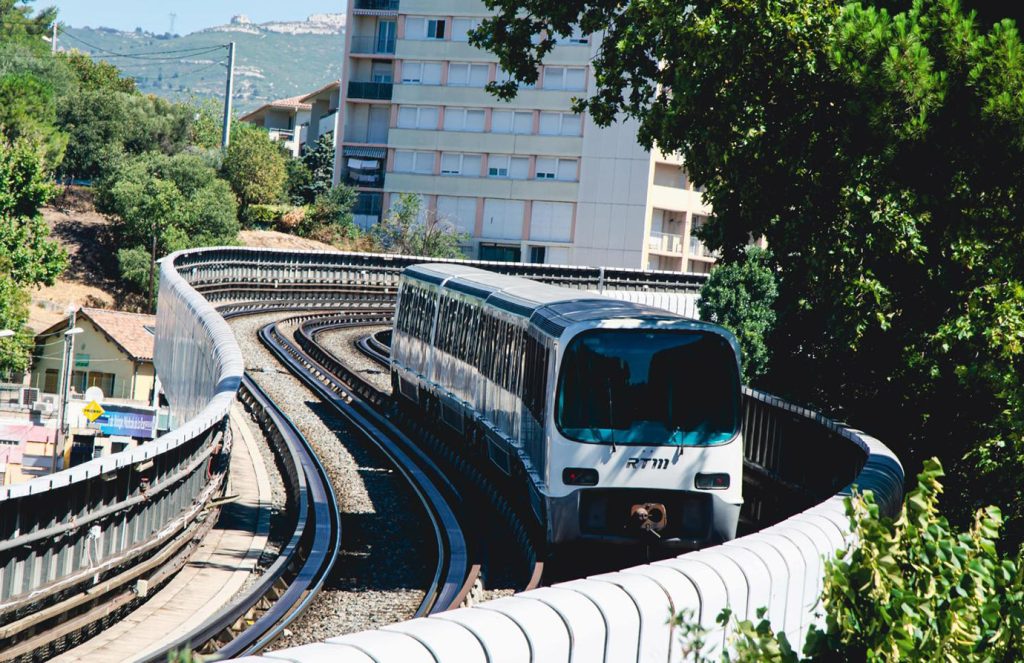
Getting Around Marseille
Using the Metro
Marseille has an efficient metro system that’s easy to navigate:
- Lines: The metro has two lines, M1 (blue) and M2 (red), connecting key areas of the city.
- Tickets: Single tickets (€1.70), 10-ride passes (€14.50), and unlimited travel passes for 24 hours (€5.20), 72 hours (€10.80), or one week (€14.80) are available.
- Purchasing Tickets: Tickets can be bought at vending machines in metro stations or at tobacconists displaying the RTM (Régie des Transports Métropolitains) logo.
Comparing Metro with Other Transport Options
- Buses and Trams: Complement the metro network, reaching areas not covered by the metro. Tickets are interchangeable with the metro.
- Taxis and Ride-Sharing: Convenient but more expensive. Apps like Uber are widely used.
- Biking: Marseille has bike-sharing services like Le Vélo, offering an eco-friendly way to explore the city.
Recommended Street Food
Popular Street Foods
- Panisse: Chickpea flour fritters, crispy on the outside and soft on the inside. Found at local markets and street vendors.
- Navettes de Marseille: Boat-shaped biscuits flavored with orange blossom, a traditional treat often sold near the Vieux-Port.
- Socca: A thin, crispy pancake made from chickpea flour, originally from nearby Nice but popular in Marseille too.
- Bouillabaisse Sandwich: A twist on the classic fish stew, available from food trucks and street vendors.
Food Safety Tips
- Choose Busy Stalls: High turnover means fresher food.
- Check for Cleanliness: Look for vendors who maintain clean stalls and use proper food handling practices.
- Stay Hydrated: Drink bottled or filtered water, especially during hot weather.
Getting a Local SIM Card
Where to Buy
- Airports: SIM cards are available at kiosks and vending machines.
- Mobile Shops: Stores like Orange, SFR, and Bouygues offer prepaid SIM cards. There are also smaller shops and newsagents throughout the city.
- Supermarkets: Some larger supermarkets sell SIM cards in their electronics section.
Plans and Costs
- Prepaid Plans: Typically start at €10-20, including a combination of data, texts, and calls. Plans can be topped up as needed.
- Required Documentation: You may need to show ID to purchase a SIM card.
Planning a 5-Day Mini Itinerary
Day 1: Explore the Old Port and Le Panier
- Morning: Start with a leisurely breakfast at a café in the Vieux-Port, then explore the harbor.
- Afternoon: Visit the MuCEM and the Fort Saint-Jean.
- Evening: Dinner at a traditional Provençal restaurant in Le Panier.
Day 2: Discover Notre-Dame de la Garde and Beaches
- Morning: Hike or take a bus to the Basilique Notre-Dame de la Garde for panoramic views.
- Afternoon: Relax at Plage des Catalans or Plage du Prado.
- Evening: Enjoy seafood at a beachside restaurant.
Day 3: Visit Cultural and Historical Sites
- Morning: Explore the Palais Longchamp and its museums.
- Afternoon: Wander through the Cours Julien district, known for its street art and bohemian vibe.
- Evening: Experience Marseille’s nightlife at a local bar or club.
Day 4: Take a Day Trip to Cassis
- Morning: Travel to Cassis (30 minutes by train or car).
- Afternoon: Hike the Calanques or take a boat tour to see the stunning limestone cliffs.
- Evening: Return to Marseille and have dinner at a bistro.
Day 5: Relax and Shop
- Morning: Stroll through the Marché de Noailles, a bustling market with international flavors.
- Afternoon: Shop along Rue Saint-Ferréol or visit the Centre Bourse shopping mall.
- Evening: Enjoy a final dinner at a rooftop restaurant with views of the city.
Adjusting Your Budget
- Accommodation: Consider booking accommodations in advance to secure better rates. Look for deals on platforms like Airbnb or Booking.com.
- Meals: Save by eating at local markets and casual eateries. Splurge on one or two special dinners.
- Transport: Use public transport passes and walk to explore the city on foot whenever possible to save on transportation costs.
Recommended Day Trips
Aix-en-Provence
- Travel: Take a train (30-40 minutes).
- Highlights: Explore the charming streets, visit Cours Mirabeau, and admire the architecture.
- Activities: Visit Cézanne’s studio, enjoy local cuisine at outdoor cafés, and shop for Provençal goods.
Avignon
- Travel: Train journey of about 1 hour.
- Highlights: Visit the Palais des Papes, Pont Saint-Bénézet, and stroll through the medieval streets.
- Activities: Explore the gardens, visit local markets, and try regional wines and cuisine.
Les Calanques National Park
- Travel: Bus or boat from Marseille.
- Highlights: Hike or boat through stunning natural landscapes with crystal-clear waters.
- Activities: Swim, snorkel, or simply enjoy the breathtaking views from the cliffs.
Travel Insurance Recommendation

AXA Travel Insurance
I recommend AXA Travel Insurance for your trip to Marseille. Here’s why:
- Coverage: Comprehensive coverage for medical emergencies, trip cancellations, and baggage loss.
- 24/7 Assistance: Access to a global network of assistance centers for emergencies.
- Customizable Plans: Tailor your insurance plan to fit your specific needs and budget.
Personal Experience
During my travels, I’ve found AXA Travel Insurance to be reliable and responsive. On one occasion, they swiftly helped me navigate a medical issue abroad, ensuring I received proper care without financial burden.
Exploring Marseille is a journey into the heart of Provence, where history, culture, and natural beauty converge. By understanding local etiquette, planning your itinerary wisely, and embracing the vibrant street life and cuisine, you’ll create unforgettable memories in this Mediterranean paradise. Whether you’re savoring bouillabaisse at a local bistro or hiking the breathtaking Calanques, Marseille promises to charm you with its warmth and diversity. Bon voyage and enjoy your adventure in Marseille!
Remember, each traveler’s experience is unique. Adjust your plans based on your interests and budget to make the most of your time in this captivating city. Safe travels!
